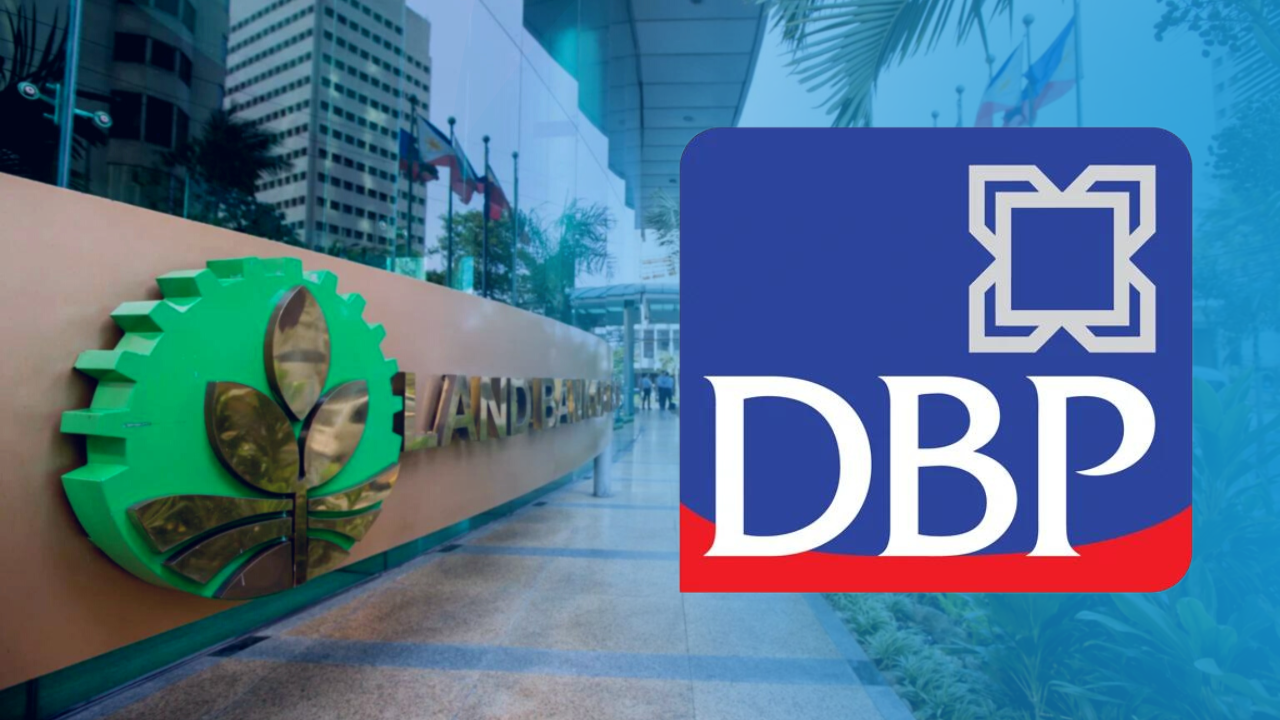An extension of regulatory relief following their hefty contributions to the Maharlika Investment Fund is currently not on the table of state-controlled lenders Land Bank of the Philippines (Landbank) and Development Bank of the Philippines (DBP), their top officials said.
Speaking to reporters last week, Landbank president and CEO Lynette Ortiz said the lender won’t ask the Bangko Sentral ng Pilipinas (BSP) for an extension of relief granted to the bank soon after it had remitted to the Bureau of the Treasury its P50-billion investment in the country’s first sovereign wealth fund last year.
The temporary measure, Ortiz said, would last for two to three years. During that period, both Landbank and DBP can enjoy a reprieve from the minimum capital requirements set by the BSP.
“Regulatory relief for us is not, I’ll say, like a big concern. Our numbers are strong if you take a look at our first quarter [financial results],” she said. “You can’t be complacent. We need to still go and make sure that we have sufficient buffers to be able to do the work we do.”
In a separate interview, DBP president and CEO Michael de Jesus said an extension of the regulatory relief “is not on the table right now.” The DBP contributed the remaining P25 billion needed for the P75-billion startup capital of Maharlika Investment Corp., the company that will put up and manage the sovereign wealth fund.
The BSP earlier said the mammoth infusions by Landbank and DBP had reduced the liquidity of the banks, which might make them noncompliant with capital requirements set by regulators. Without the relief, global debt watcher Fitch Ratings had warned that liquidity problems could hurt the credit strength of the two lenders and make it difficult for them to perform their mandate of spurring countryside development.
Even if Landbank and DBP would decide to ask for an extension of the relief, Finance Secretary Ralph Recto earlier said that such a move would be a “nonissue” because the government stood ready to support the two lenders.
The law establishing the Philippine sovereign wealth fund was signed by President Marcos in July last year despite opposition to its creation.
Critics said it was ill-timed amid the stubbornly high inflation and the absence of surplus state resources typically needed for such a fund. Others said the money from Landbank and DBP would have been better used to support agricultural production and rural development as these banks are mandated to do.
Bond sale
To replenish their funds, both Landbank and DBP are preparing for major bond offerings this year.
De Jesus said DBP was looking at a debt issuance in the third or fourth quarter to raise the remaining balance of its P45-billion borrowing program. The bank already raised P8.75 billion in the first quarter.
The bonds, De Jesus said, would likely be offered to local creditors at a tenor of “less than five years.”
Similarly, Landbank plans to tap the debt market in the fourth quarter to raise around P25 to 50 billion, in what could be its biggest bond sale ever as it seeks to take advantage of a projected decline in interest rates.
